100%, Zurich, temporary
Project background
Microbiomes consist of diverse communities of microorganisms which, by engaging in complex and often evolving interactions, regulate the functioning of human bodies or natural ecosystems. Beyond metabolic interactions, microbial communities are characterized and often shaped by rich biophysical interactions. The distance between cells determines the strength of the exchange of metabolites and the probability of encounter between cells. The movement of cells governs the rate at which cells aggregate into clusters or communities. The rate of flow dictates how rapidly nutrients are replenished and a community is refreshed. The transport of dissolved substances, by diffusion and flow, governs the field of signals that cells sense and can use for navigation, for example to find conspecifics or sources of nutrients. The spatial configuration of the environments affects all of these processes, from flow to nutrient fields, and further shapes the attachment and motility characteristics of cells. Many of these processes are general across multiple microbiomes: from the human gut, to particles in the ocean, to the surface of leaves
Job description
The focus of this postdoctoral position will be on the development of theoretical tools, in terms of both single-agent models and population-scale models, to uncover the unifying biophysical principles of microbiomes, such as those operating in the human gut, on plant leaves, on sludge granules, in animal model systems and beyond. By bringing and further developing extensive expertise in biophysics, the ideal candidate will provide critical support to researchers across the NCCR consortium, with opportunities to be exposed to a broad range of scientific questions, coauthor publications with multiple collaborators, and advance the field of theoretical biophysics applied to microbiome research.
Your profile
The successful candidate will have a solid background in theoretical physics, with a particular focus on biophysics, and a strong desire to work in a highly interdisciplinary environment at the interface between biophysics, microbiology, and microbial ecology. Demonstrated skills in the field of biophysics through a diverse range of projects will be highly desirable. The researcher will have the opportunity to work in a cutting-edge, fast-paced research environment, to interact with researchers from many different disciplines, to learn about fundamental biophysical and ecological processes in microorganisms and to interact with world-class collaborators. The resources and goals of this NCCR will provide a setting for contributions at the forefront of microbiome research. The ability to work independently, come up with creative and innovative solutions, and work collaboratively with multiple partner groups will be fundamental.
ETH Zurich
ETH Zurich is one of the world’s leading universities specialising in science and technology. We are renowned for our excellent education, cutting-edge fundamental research and direct transfer of new knowledge into society. Over 30,000 people from more than 120 countries find our university to be a place that promotes independent thinking and an environment that inspires excellence. Located in the heart of Europe, yet forging connections all over the world, we work together to develop solutions for the global challenges of today and tomorrow.
Working, teaching and research at ETH Zurich Get connected
Interested?
We look forward to receiving your online application including a CV, full transcripts from undergraduate studies (both Bachelor and Masters), a brief (1-2 page) statement of research interests, at least 2 (preferably 3) letters of reference, and 2 selected papers. Please note that we exclusively accept applications submitted through the ETH online application portal. Applications via email or postal services will not be considered. The review of applications will begin on February 1, 2021, with the position to start as early as April 1, 2021, or as soon as filled.
For questions regarding the position, please contact Dr. Francesco Carrara by email at carrara@ifu.baug.ethz.ch (no applications).
